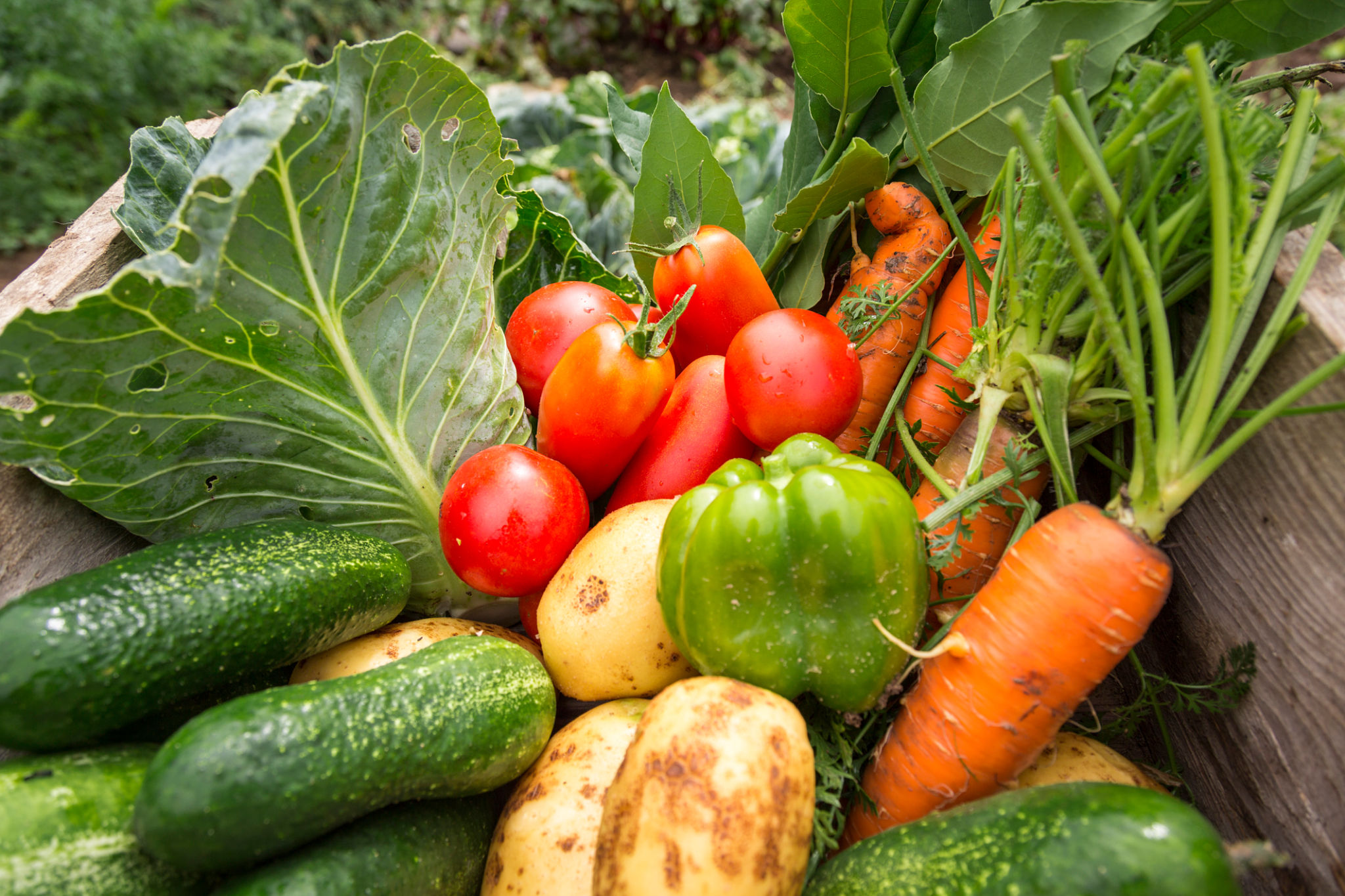Blossoming Beyond Bars: A Closer Look at Branford's Unique Prison Garden Program
The Roots of Change
In the heart of Branford, a unique initiative is taking root within the confines of the local correctional facility. The prison garden program is not only transforming barren grounds into lush landscapes but is also cultivating hope and change among inmates. This innovative program aims to provide incarcerated individuals with valuable skills and a renewed sense of purpose.
The garden spans several acres and features a variety of plants, from vegetables and fruits to flowers and herbs. Inmates involved in the program have the opportunity to learn about horticulture, sustainability, and teamwork. This hands-on experience is designed to help them reintegrate into society successfully upon their release.

Empowerment Through Education
One of the core components of Branford's prison garden program is education. Inmates participate in structured classes where they learn about plant biology, soil science, and organic farming techniques. These classes are led by experienced volunteers and educators who are passionate about imparting their knowledge.
In addition to classroom learning, inmates spend time working in the garden, applying their newfound knowledge in a real-world setting. This combination of theoretical and practical education empowers them with skills that are not only valuable in the agricultural industry but are also transferable to various other fields.
Building a Sense of Community
The garden program also fosters a sense of community among participants. Working together towards a common goal helps inmates build strong relationships with one another, breaking down barriers and reducing conflicts within the facility. These relationships can be pivotal in supporting each other during their rehabilitation journey and beyond.

Moreover, the program often involves collaboration with local organizations, schools, and businesses. This interaction further enhances the inmates' sense of belonging to the larger community and helps dismantle the stigma associated with incarceration.
Reaping the Benefits
The impact of Branford's prison garden program extends beyond its participants. The produce grown in the garden is often donated to local food banks and shelters, providing fresh food to those in need. This act of giving back instills a sense of pride and accomplishment among inmates, reinforcing the positive outcomes of their hard work.
Furthermore, studies have shown that programs like this can significantly reduce recidivism rates. By equipping inmates with skills and a renewed sense of purpose, they are less likely to reoffend upon release. The garden program not only benefits the individuals involved but also contributes to the safety and well-being of the broader community.

A Model for Change
Branford's prison garden program serves as an inspiring model for correctional facilities worldwide. It demonstrates how innovative approaches can transform lives, instilling hope and fostering positive change. As more facilities consider implementing similar initiatives, the potential for widespread impact grows exponentially.
By focusing on rehabilitation rather than punishment, programs like this pave the way for a more compassionate and effective criminal justice system. They remind us that everyone deserves a second chance and that even in the most unlikely places, growth is possible.